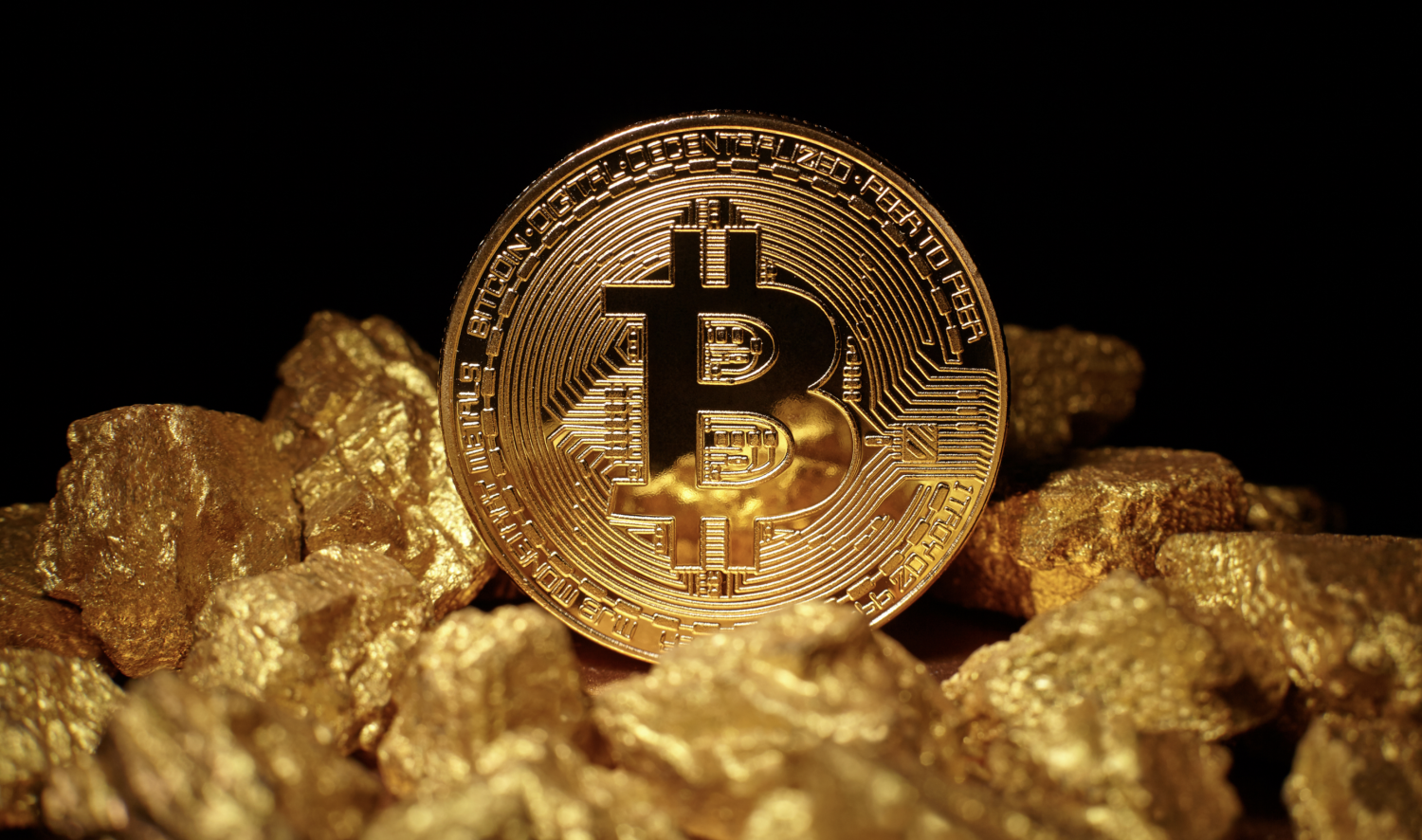Bitcoin Over Gold: The Ideal Safe-Haven Asset in Times of Economic Uncertainty
10.01.2025 8:00 2 min. read Alexander Stefanov
Mark Cuban has boldly argued that Bitcoin, rather than gold, is the ideal asset to hold during economic uncertainty.
Cuban views Bitcoin as a more practical and efficient store of value, citing its portability and divisibility, in contrast to gold’s physical and cumbersome nature. While gold may maintain value in crises, it’s far less convenient—difficult to transport, divide, and easily stolen.
Bitcoin, on the other hand, is digital, lightweight, and can be broken into smaller units, making it far easier to use in daily transactions or international transfers. Cuban believes these qualities give Bitcoin a clear edge over gold as a functional currency for the modern world.
Though Bitcoin is volatile, Cuban isn’t deterred, emphasizing that its growing use and demand reflect its increasing value. He’s confident in Bitcoin’s potential, stating simply that he owns “a lot.” In contrast, Cuban doesn’t buy into the idea that gold is a reliable hedge against economic instability. While it may preserve value in some situations, he points out its inconsistent performance and the complications tied to owning physical gold.
Looking ahead, the U.S. economy is projected to grow modestly in 2025, with GDP expected to increase by 2% according to the Conference Board. Goldman Sachs forecasts slightly higher growth due to consumer spending and a steady job market, with unemployment staying low at 4.2%. However, inflation and market volatility remain concerns, and the Federal Reserve is unlikely to reduce interest rates anytime soon.
-
1
American State Bans Crypto Investments and Payments in Sweeping New Law
01.07.2025 14:33 2 min. read -
2
Bitcoin Climbs to $109,500: Why the Price is Up?
03.07.2025 12:00 2 min. read -
3
Billionaire Says ‘Sell Your House, Buy Bitcoin’: Fiat Collapse Is Coming
05.07.2025 12:00 2 min. read -
4
Arthur Hayes Warns of Bitcoin Pullback to $90,000: Here is Why
03.07.2025 23:00 2 min. read -
5
Why Bitcoin Is Stuck Despite Wall Street Demand
30.06.2025 12:00 2 min. read
Corporate Bitcoin Adoption Soars: 125 Public Companies Now Hold BTC
Corporate adoption of Bitcoin is gaining significant momentum, according to Bitwise Asset Management’s latest Q2 2025 report.
Here’s How Bitcoin Reacted to the June PPI Report
Bitcoin showed a brief bullish reaction to the June U.S. Producer Price Index (PPI) release at 12:30 UTC, but the move quickly lost steam as traders digested the broader implications of the data.
Bitcoin ETFs Record $403M Inflows as BlackRock Leads Nine-Day Streak
U.S.-listed spot Bitcoin ETFs continue to post strong inflows, recording their ninth consecutive day of net positive investment activity on Tuesday.
Strategy Claims It Can Weather a Bitcoin Crash to $20K Without Trouble
Chaitanya Jain, Bitcoin strategy manager at Strategy, has pushed back against online speculation that the company’s fate is tightly bound to the price of Bitcoin.
-
1
American State Bans Crypto Investments and Payments in Sweeping New Law
01.07.2025 14:33 2 min. read -
2
Bitcoin Climbs to $109,500: Why the Price is Up?
03.07.2025 12:00 2 min. read -
3
Billionaire Says ‘Sell Your House, Buy Bitcoin’: Fiat Collapse Is Coming
05.07.2025 12:00 2 min. read -
4
Arthur Hayes Warns of Bitcoin Pullback to $90,000: Here is Why
03.07.2025 23:00 2 min. read -
5
Why Bitcoin Is Stuck Despite Wall Street Demand
30.06.2025 12:00 2 min. read


